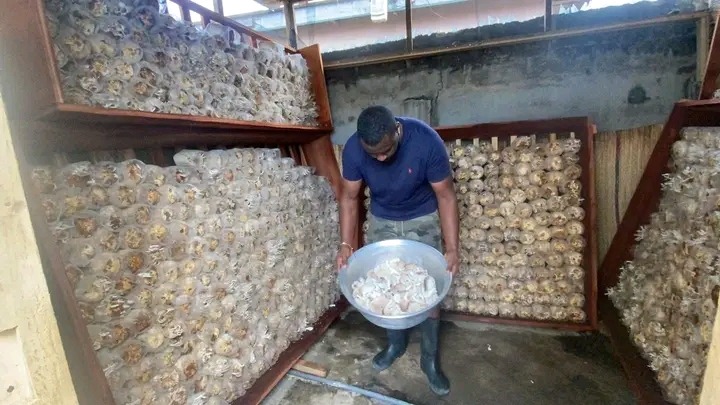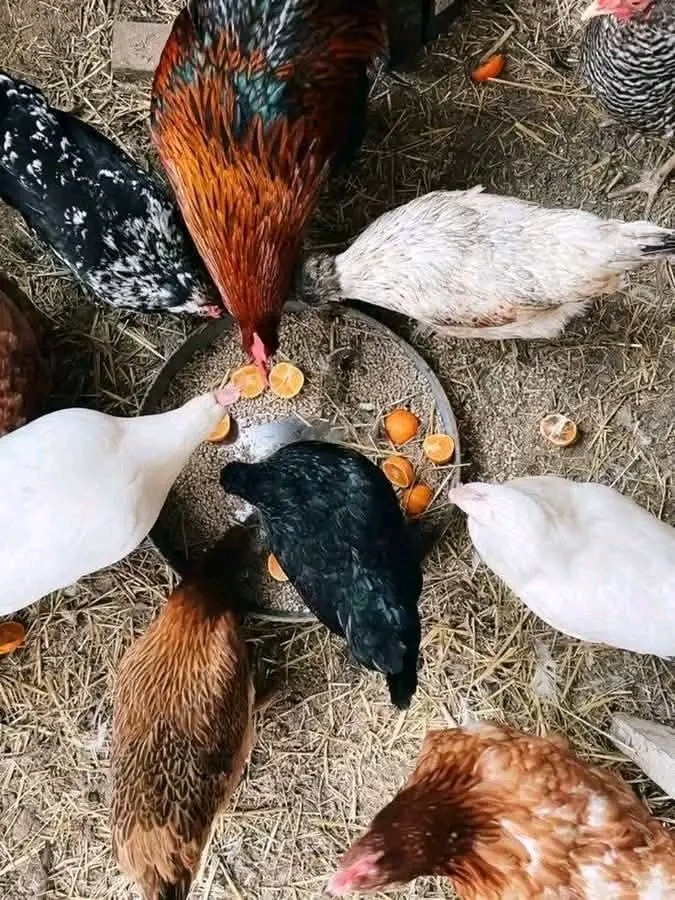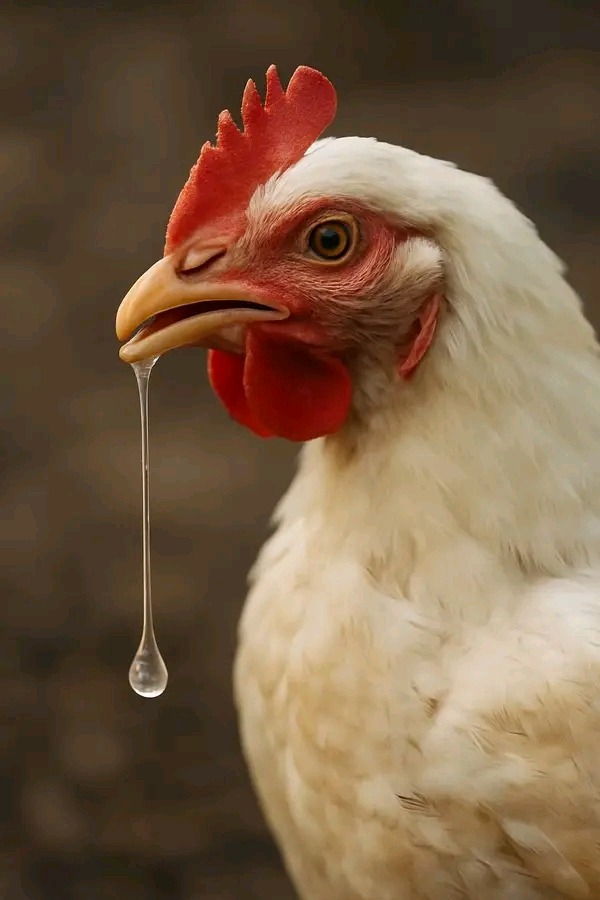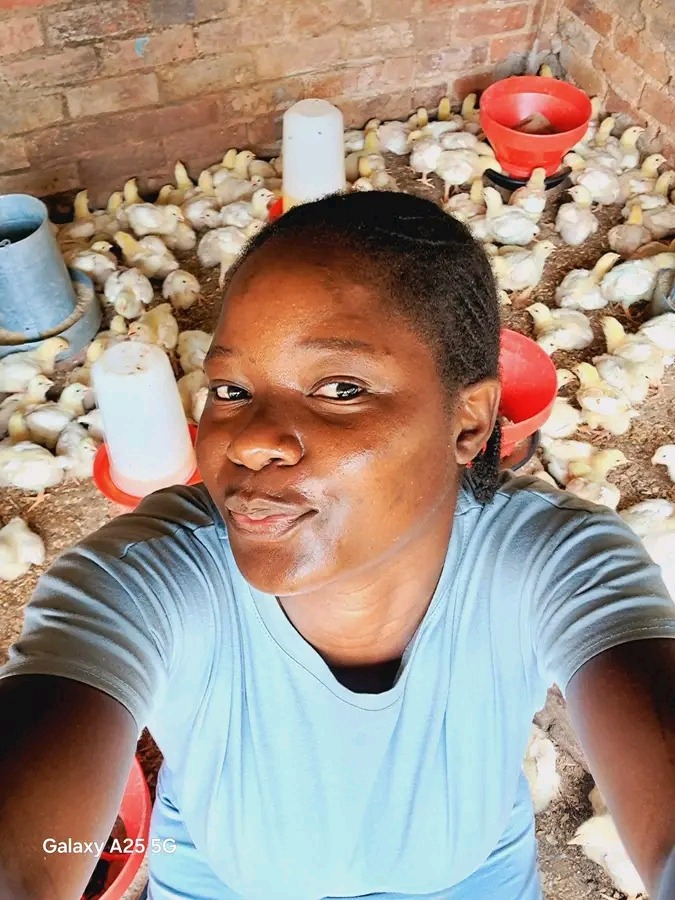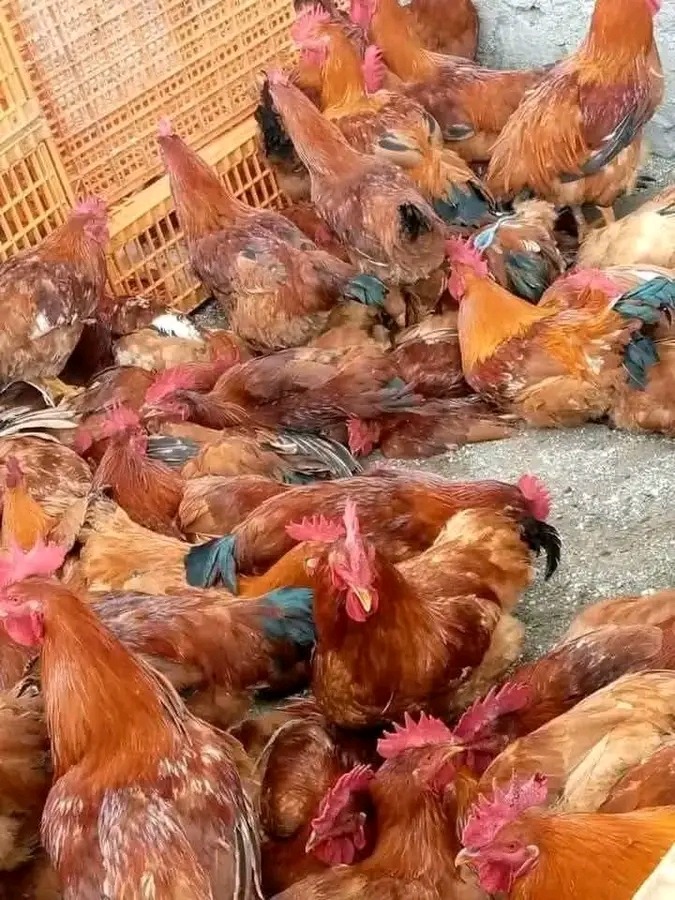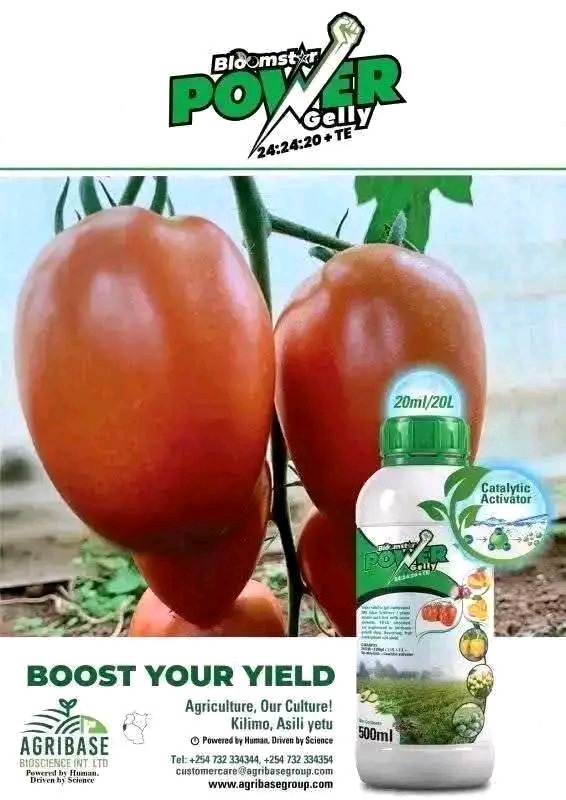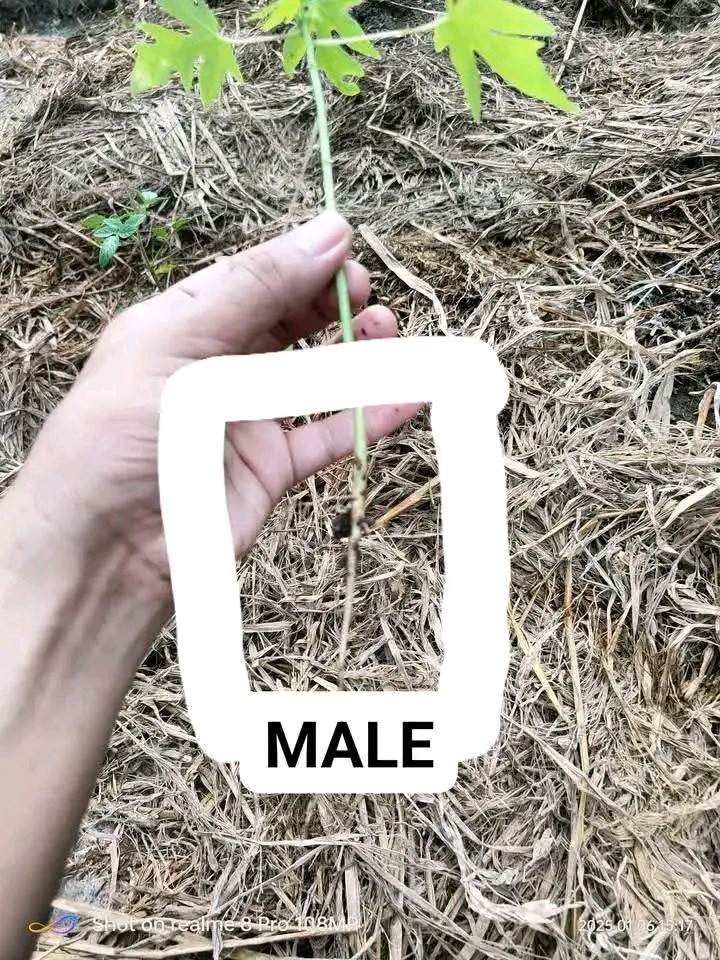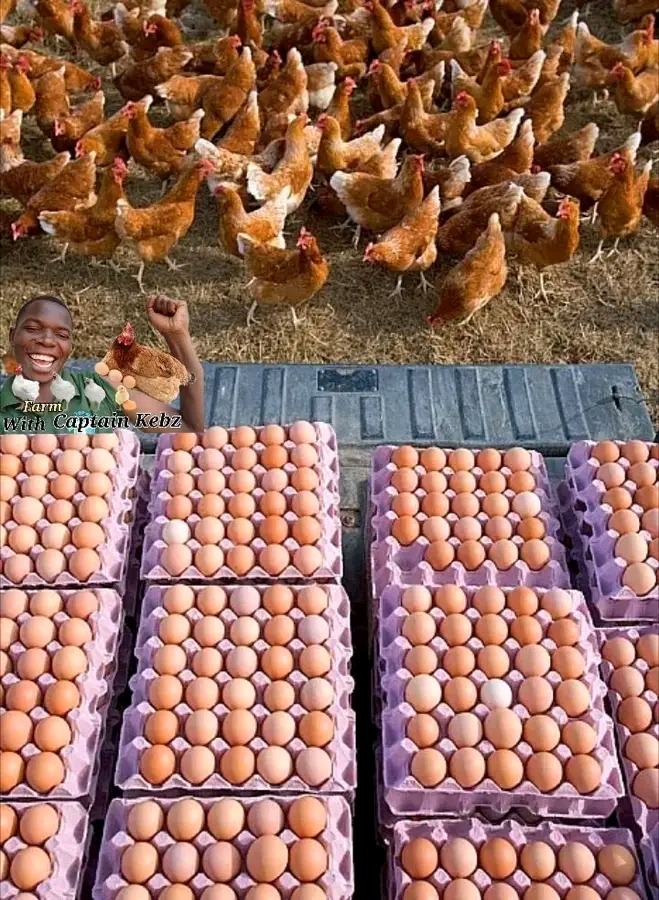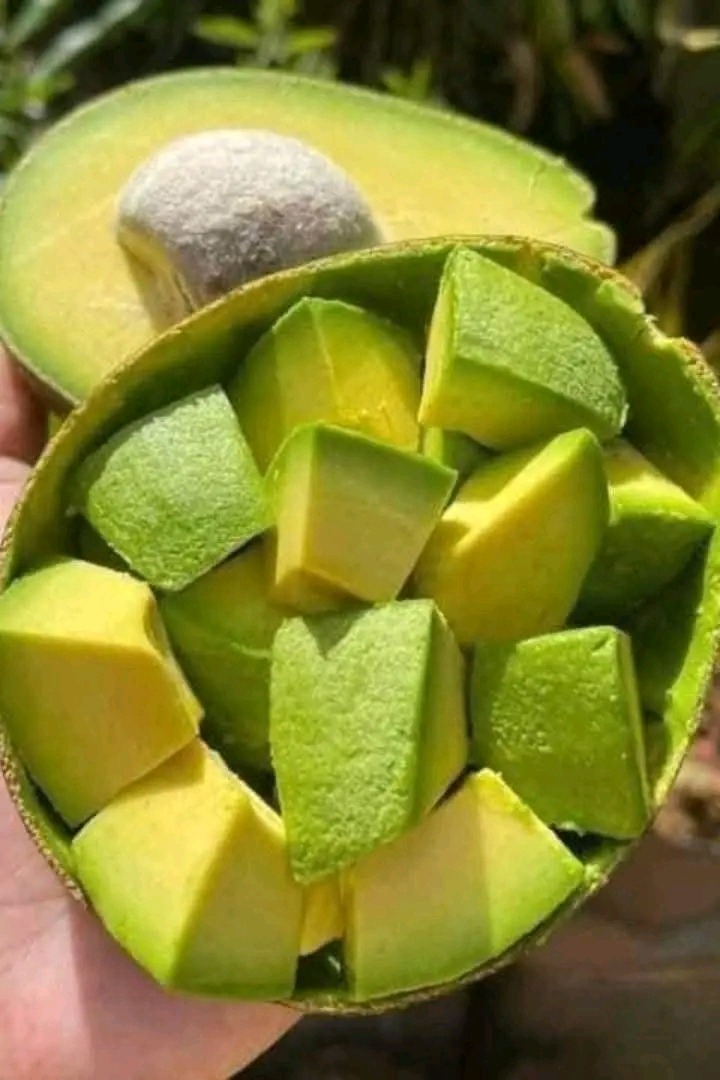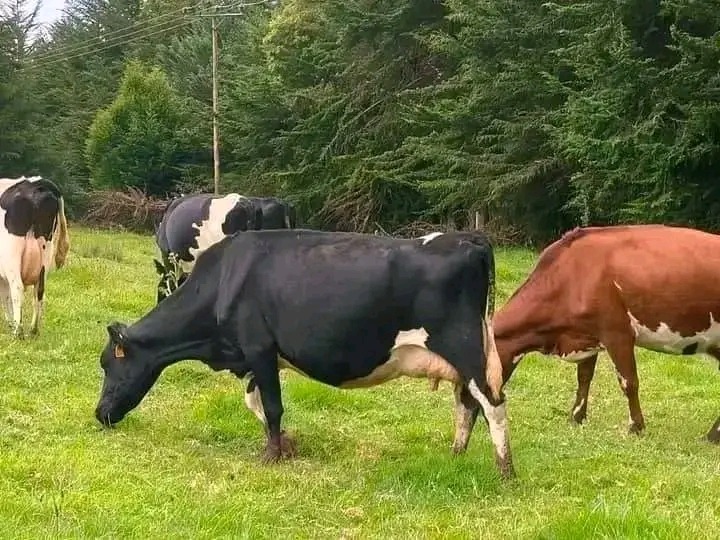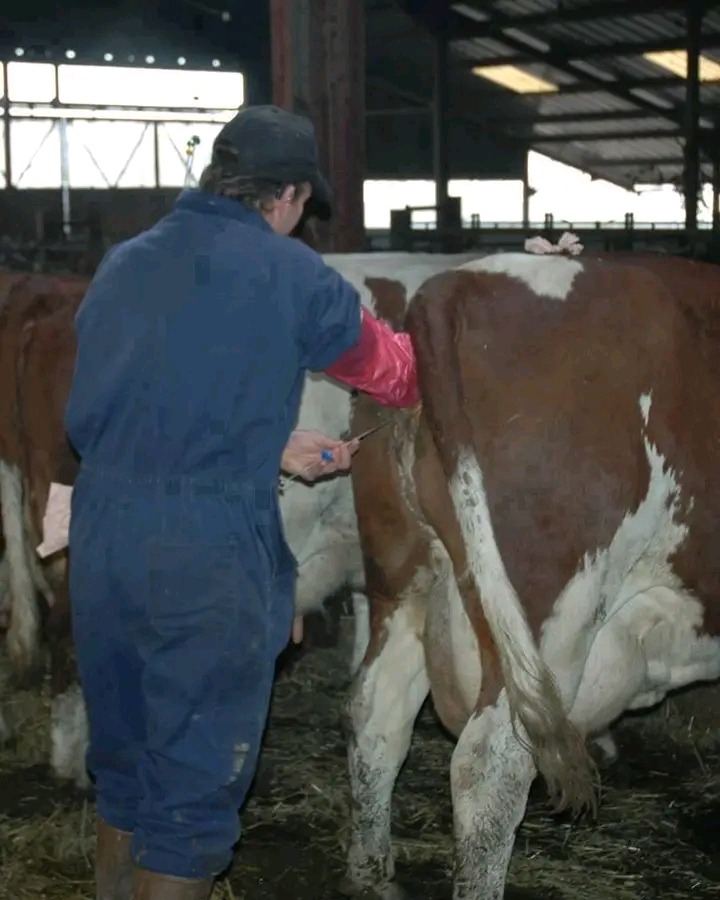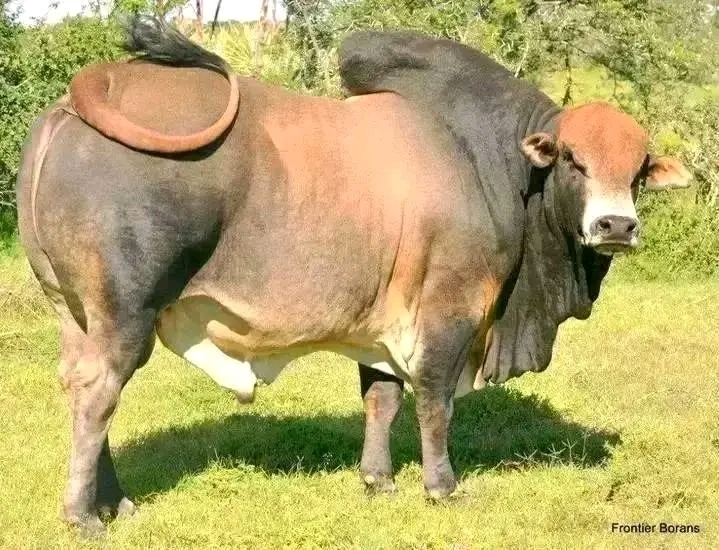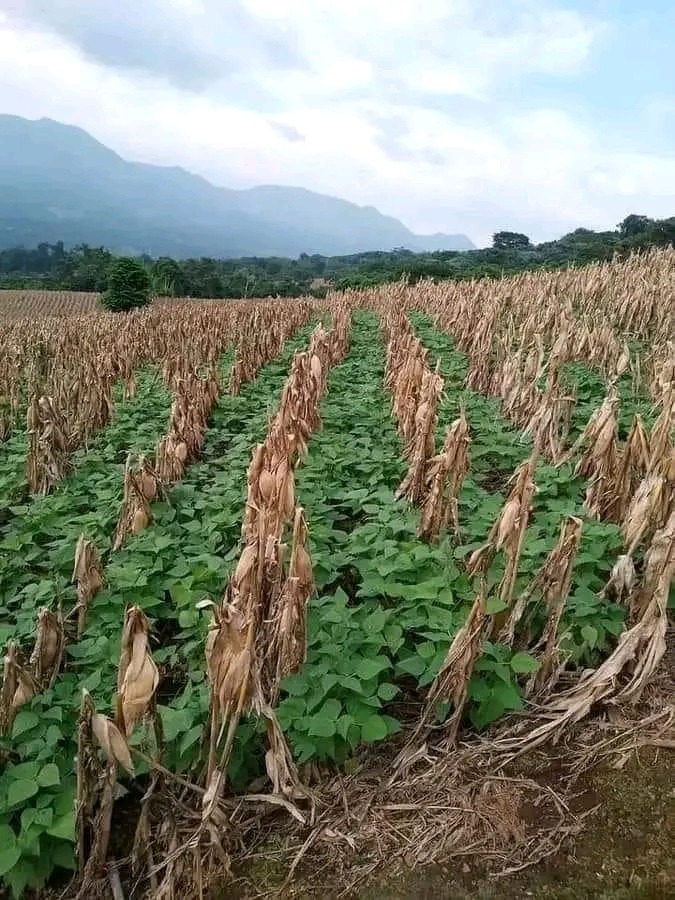
ZERO TILLAGE
Zero tillage, also known as no-till farming or direct drilling, is a sustainable agricultural technique that involves planting crops without disturbing the soil:
How it works: Instead of plowing, discing, or harrowing, zero tillage leaves the previous year’s crop residues on the soil surface and plants directly into the undisturbed soil.
Benefits: Zero tillage can help to:
- Maintain soil structure
- Reduce soil erosion
- Increase water retention
- Improve soil health
Equipment: Specialized equipment, such as disc seeders or agriculture drills, is used to make furrows, plant seeds, and cover them.
Weed control: Herbicides or mulching can be used to control weeds.
Fertilizer: Fertilizer can be applied directly into the furrow through designated tubes.
Crop rotations: Crop rotations are considered to be an essential component of successful zero tillage farming.
Residue retention: Retaining crop residues is important for zero tillage farming.


